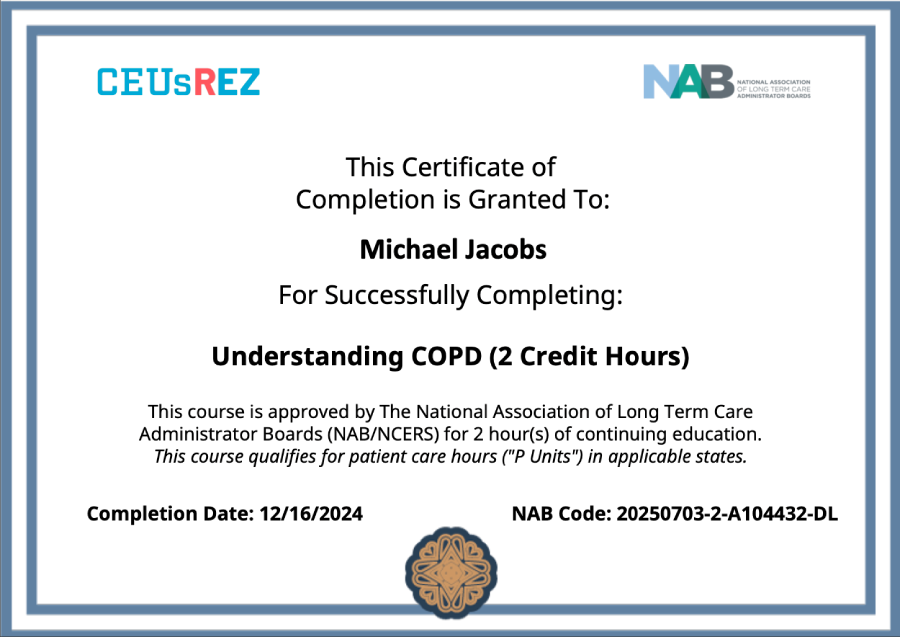HIPAA stands for Health Insurance Portability and Accountability Act. It is a federal issue, which was enacted on August 21, 1996. It was presented by United States Congress and was signed by the president, Bill Clinton. This act is meant to ensure that people will be capable of renewing or obtaining health insurance when they lose their jobs or experience job changes. Further, this legal code has expanded to include administrative simplification as well as protect against healthcare abuse and deceptions. These protections primarily focus upon the issues which are associated with patients’ privacy.
Understanding HIPAA and its Ethics (2 Ethics Credit Hours)
Total Price$30.00
Description
HIPAA stands for Health Insurance Portability and Accountability Act. At its core, HIPAA is an issue of medical ethics. Properly following HIPAA laws is vital to the integrity and success of any healthcare organization. A patient’s privacy is very important. A breach of this information is breaking the law, and there are strict penalties. Disclosing personal information about a client is both illegal and unethical, and every company should have policies in place and review the information with all personnel on a continuing basis.






